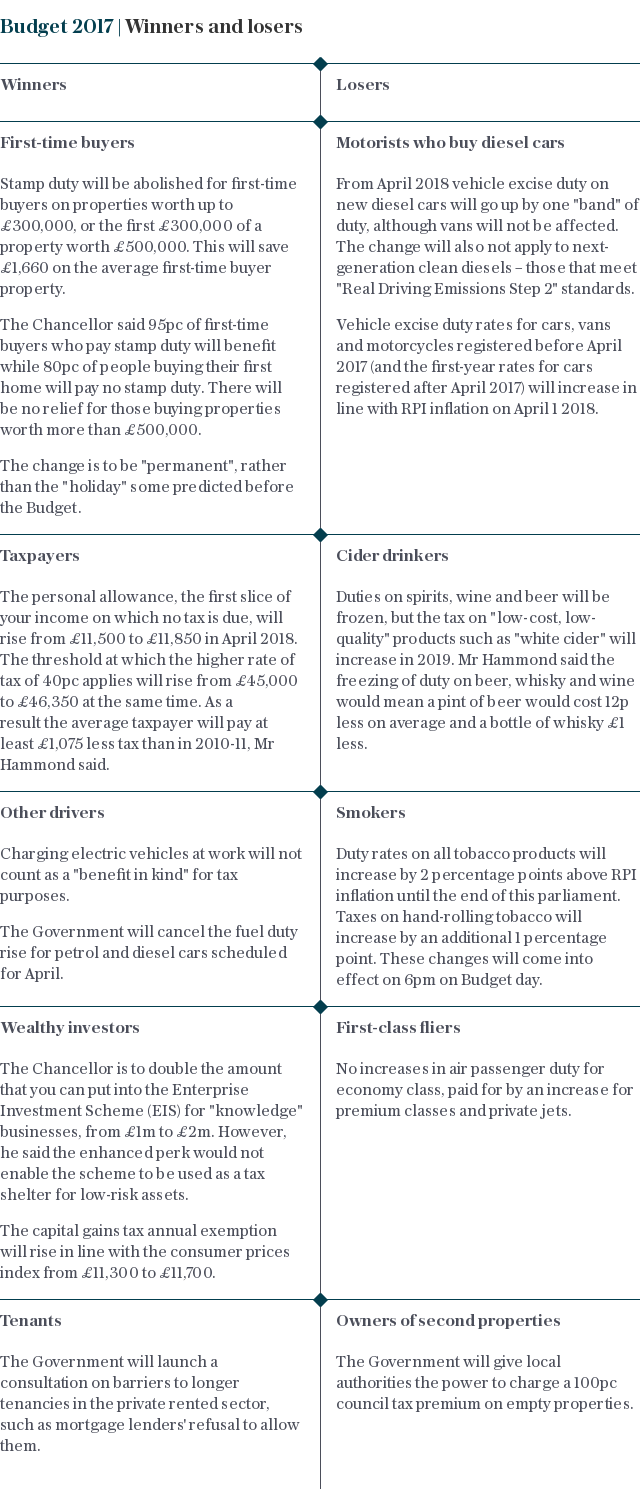High strength 'problem' alcohol to rise in price as cost of an average pint frozen

High-strength "problem" alcohol is due to get more expensive as the cost of an average pint remains static, the Chancellor said.
Announcing a freeze on duty paid on ciders, wines, spirits and beer, Philip Hammond said the Government was "recognising the pressure on household budgets and backing our Great British pubs".
"This will mean a bottle of whisky will be £1.15 less in 2018 than if we had continued with Labour's plans, and a pint of beer 12p less," he said.
He said duty on "cheap, high strength, low quality products, especially so-called white ciders", would be increased, following a campaign launched earlier this year by Fiona Bruce, Conservative MP for Congleton and chair of the APPG on alcohol harm.

The measure is set to tackle "dependent, street and underage drinking", Treasury documents said.
Currently all cider attracts a lower duty rate to encourage the traditional industry but the policy aims to separate the majority of products from the stronger, cheaper varieties, which are generally bought from shops instead of pubs.
Duty is due to rise on still cider and perry which is between 6.9 per cent and 7.5 per cent ABV from 2019. Most ciders are typically between 4.5 to 5 per cent.
High-strength white ciders such as White Ace and Frosty Jack's can be bought cheaply at large volumes and have been blamed for health problems and early deaths among poor and homeless people.

A three-litre bottle of 7.5 per cent ABV cider can be bought for as little as £3.50 and contains more than 20 units of alcohol, the Treasury said.
In 2014 then-Chancellor George Osborne scrapped Labour's alcohol duty escalator, which had increased the tax on all alcoholic drinks by two per cent above inflation every year since its launch in 2008.
Earlier this year Mr Hammond said at the Spring Budget that duty would rise along with RPI inflation, which is currently at 3.9 per cent.

 Yahoo News
Yahoo News 
